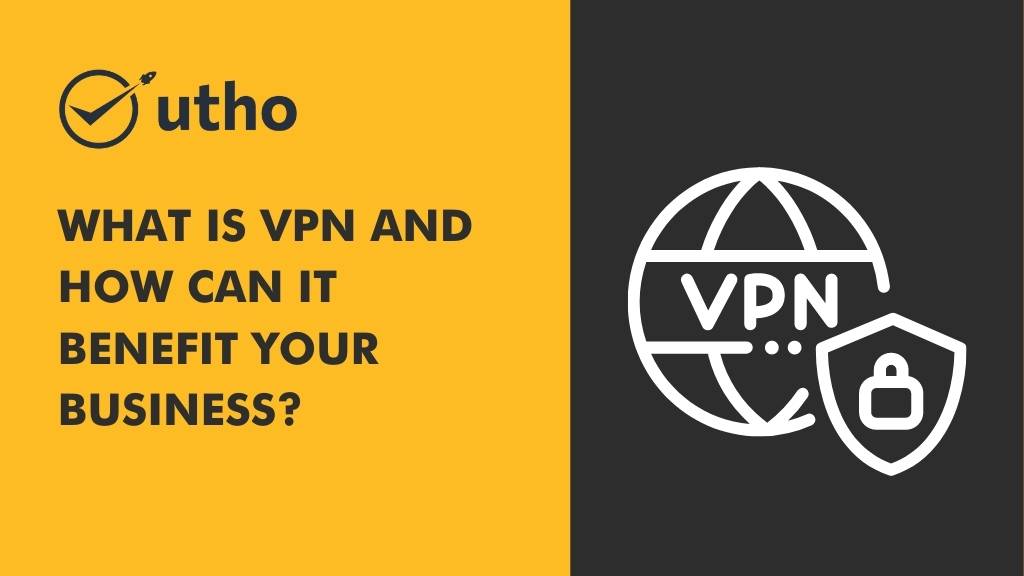What is VPN and how can it benefit your business?
A Virtual Private Network (VPN) is a secure connection between two networks, usually between an internal network (such as your company's private network) and an external network (such as the internet). VPNs are used to protect data from being intercepted or accessed by unauthorized users. They also provide added security for remote workers who access the company's internal networks. In this article, we'll discuss how a VPN can benefit your business.

How VPN can benefit your business
1. Secure Data Transfer
The main purpose of VPNs is to keep data secure while it is transferred over public networks, such as the internet. By using encryption technology, data transmitted over the VPN is encrypted and can only be decoded by authorized personnel on either end of the connection. This ensures that confidential information remains confidential and cannot be accessed by unauthorized users. Additionally, since the data traffic is routed through a secure tunnel, it is impossible for outsiders to intercept or alter any of the communication.
2. Easy Accessibility
VPNs make it easy for employees to access their company's resources from any location with an internet connection. Employees can securely connect to their company's internal networks without having to worry about their data being intercepted or compromised in any way. Additionally, employees can work remotely without losing access to important resources that are stored on the company’s private network. This allows them to remain productive even when they are away from the office.
3. Cost Savings
Using a VPN can help businesses save money by eliminating some of the costs associated with setting up physical networks and running cables between locations. Additionally, since VPNs allow remote employees to easily access their company’s resources without having to travel back and forth between offices, companies can save money on travel expenses as well. Finally, businesses can save money by not having to purchase additional hardware or software needed for traditional networking solutions such as leased lines or dedicated servers. Combined with other cost-saving measures such as cloud computing and telecommuting policies, using a Virtual Private Network can significantly lower overhead costs for businesses of all sizes.
Conclusion:
A Virtual Private Network (VPN) provides many benefits for businesses looking to improve their digital security while also saving money in overhead expenses. With its ability to securely encrypt data while transferring over public networks, a VPN ensures that critical information stays safe from outside threats such as hackers or malware attacks. It also provides easy accessibility for remote employees who need access to their company’s resources without having to compromise security in any way. Finally, using a Virtual Private Network (VPN) helps businesses reduce overhead costs associated with traditional networking solutions such as leased lines and dedicated servers which makes it an attractive solution for small-scale businesses looking for cost-effective ways of connecting multiple locations securely and efficiently. All these factors make using a VPN an attractive option for business owners looking for reliable protection against cyber threats while still reducing operational costs.